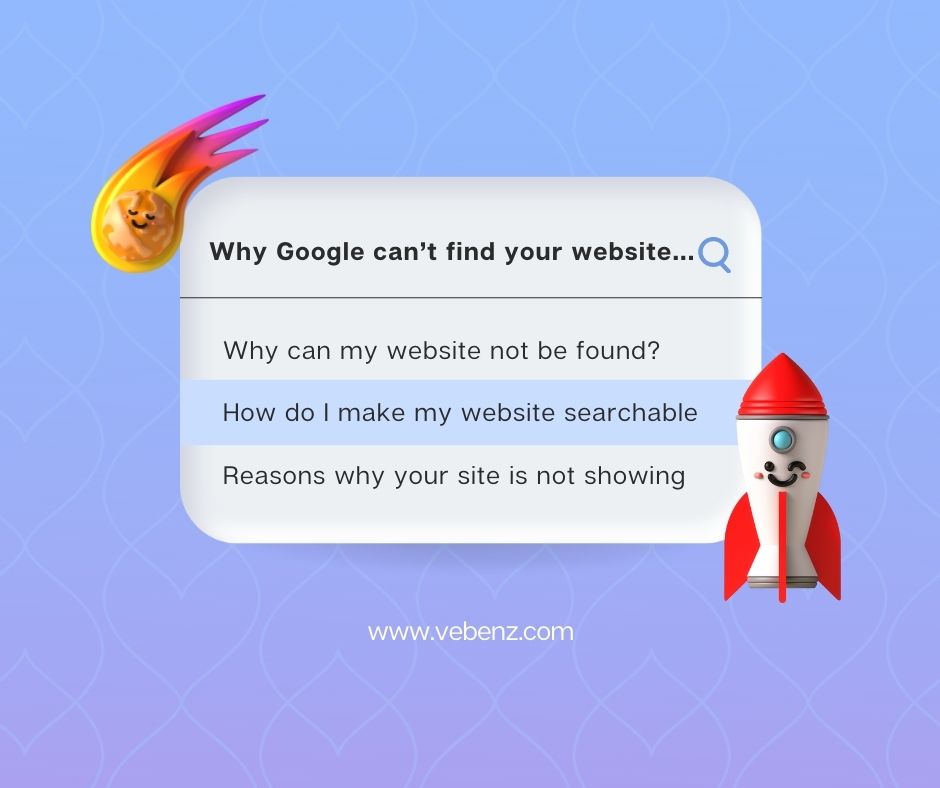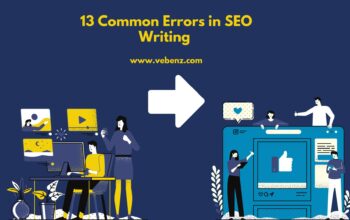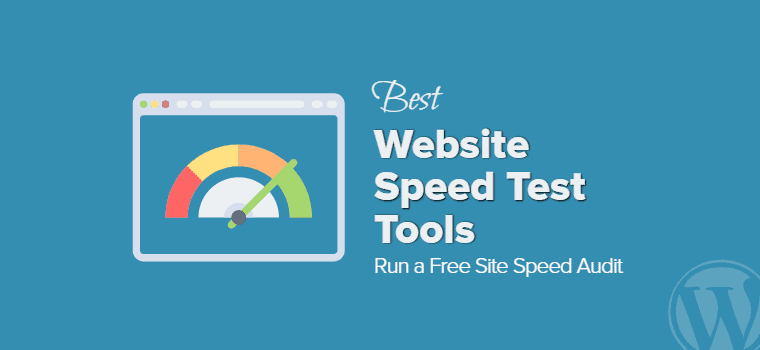You may be wondering, “Why isn’t my website showing up on Google?!” We have solutions! And we’ll show you exactly how to solve it so you can raise your revenue and online rankings.
Why Google can’t find your website?
Google can’t find you. Google can only find websites that have been submitted to their index. They can only find websites that have a domain name. Google can only find websites that have a website address (URL).
Reasons why your site is not showing in Google search results:
- The website has been blocked on Google search results.
- Your website content needs more relevant keywords.
- The website has been penalized.
- Your website doesn’t have enough quality backlinks.
- The website has duplicate content issues.
1. Your website is new
If your website is new, it’s not likely to rank well on Google. This can be a shock for many people who are just getting started with their websites or are new to the world of search engine optimization (SEO). However, this shouldn’t be a cause for concern because there are steps you can take right now that will lead your site towards ranking higher on Google in the future.
The time it takes for a new website to build up its authority depends on several factors:
- The industry you work in and what type of content you provide on your site
- How long do people wait before they click on a result
For example, if I were looking up “cheap guitars” then my local guitar store would probably rank higher than an online retailer selling guitars at discount prices because they have more knowledge about what makes good gear and how it works than someone who just bought something online without knowing much about guitars themselves (although this may not always be true).
2. You don’t have high-quality content
Quality content is the most important factor in search engine rankings and user engagement. The more people that visit your website, the more likely it is that you will rank higher on Google Search results.
To create high-quality content for your website, you need to include good grammar and spelling as well as formatting (like headings), images/videos/links, etc., which makes them easy for search engines to index.
3. You don’t have optimized title tags, Meta descriptions, and H1s
Title tags are very important. They are essential for SEO, and they’re also a good way to help your users find what they’re looking for on your website. If you have a page with a title that is too long or has too many characters, Google will display only the first few words of that title in their search results. This means it may not be so helpful to potential customers who might be searching for information about something specific on your site.
Meta descriptions are also vital for SEO purposes because they describe what each page on your site does and why it should be clicked on by visitors who click through from other sites like Facebook or Twitter (or even Pinterest). This gives Google another piece of information about what kind of content exists here before anyone else starts reading anything else! The better this description is written the better chance someone has at finding relevant content quickly when searching online—and therefore increasing conversions from visitors into customers down the road after seeing all those ads 🙂
4. You don’t have keyword-rich URLs
Keyword-rich URLs are a must if you want to rank high in search engine results. In fact, Google considers this to be one of the most important aspects of SEO—and it’s not something that can be ignored or taken lightly!
When someone searches for your company name or product, they’ll also see any relevant information about what you do on your website. If there are too many words in the URL (like “website” as opposed to “website”), then people won’t know where exactly on the page (or within a single page) they should look for those terms.
Or worse yet: You could have a great idea but no way to convey it because no one knows what “your website” means!
5. Your website has low domain authority
Domain authority is a score that Google assigns to each website. It’s an indication of how well a website will rank on search engines, and it’s calculated by a number of factors including backlinks and social media activity.
A high domain authority means your site has been around for a long time, has lots of links from other websites (including review sites), has been updated frequently, and gets lots of traffic from search engines like Google. If you’re not sure about yours yet, check out our guide for calculating domain authority here!
6. Don’t wait for Google to find your website. Make sure it’s easy to find!
The first step to making sure your website appears on Google is to make sure it’s easy for people to find.
- Have a good domain name. If you’ve chosen a domain name that doesn’t work together or has a confusing spelling that could be causing trouble for your site as well as Google. Make sure the words in your URL have meaning and don’t use any numbers or symbols (such as “/”) that might confuse readers when they try typing them in on their computer keyboards—or worse yet, misspell them!
- Make navigation easy and intuitive by using white space wisely around links so users know where they’re at without having to look at the site design too closely (which may lead them away from what they were looking for). This will help keep visitors engaged longer because their attention isn’t being diverted away from what matters most: getting results from searches performed online!
- Your site should also be mobile-friendly so users can access information easily no matter where they’re located geographically inside our planet Earth (or beyond). Mobile devices like tablets aren’t just convenient ways of consuming information anymore; some people even prefer using tablets over laptops because of how much easier accessing websites becomes once we set up these devices properly beforehand.”


